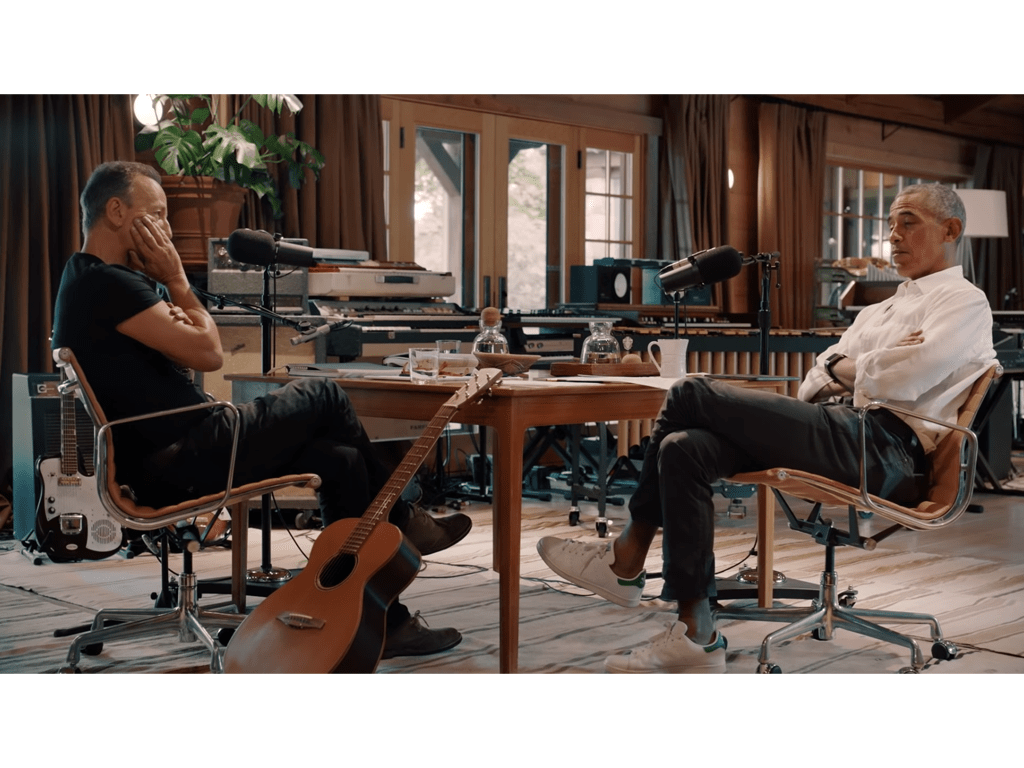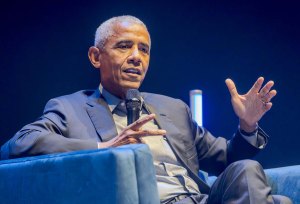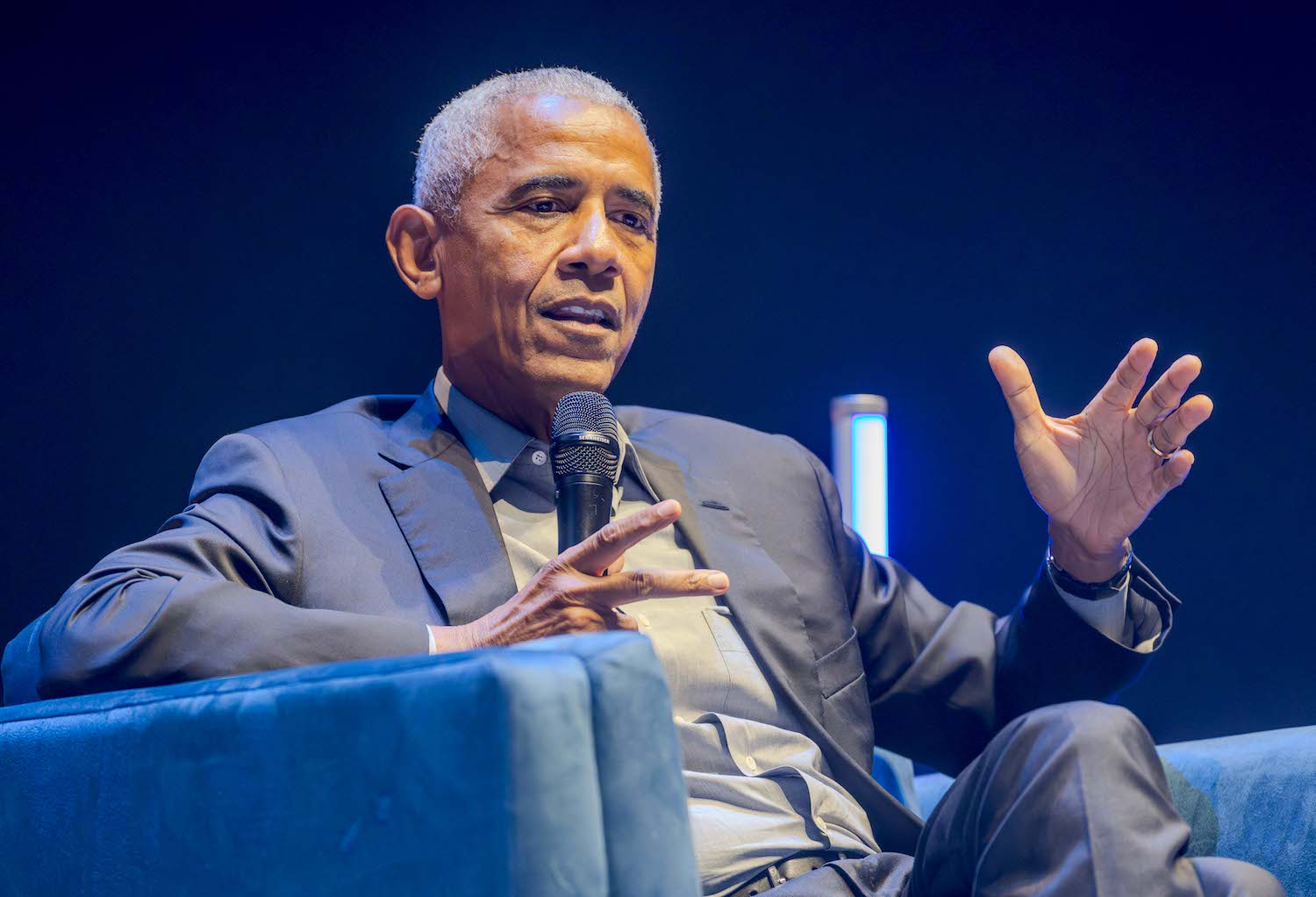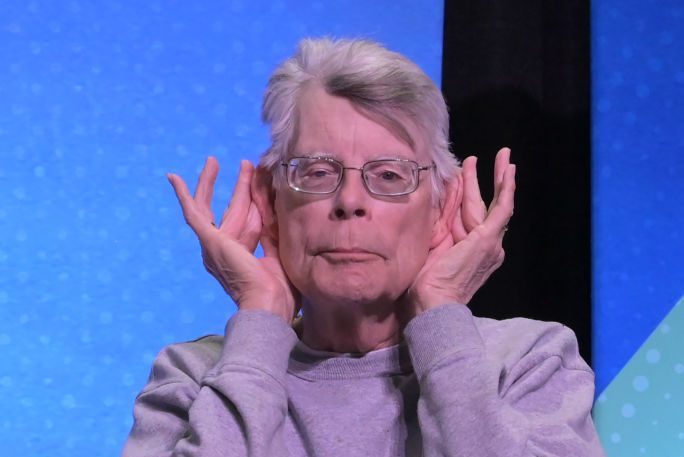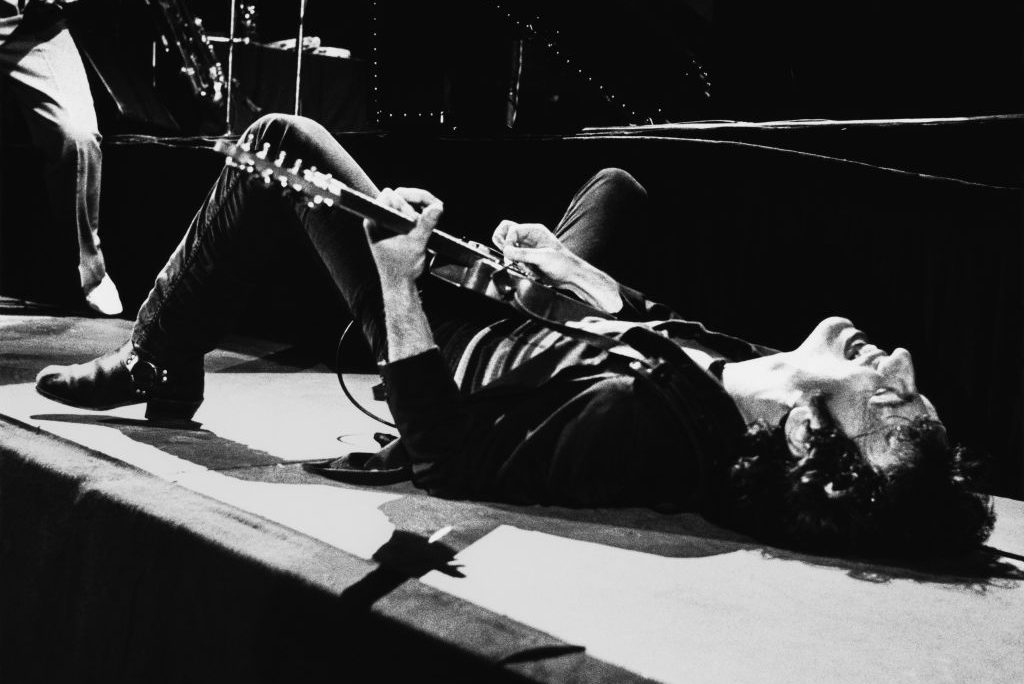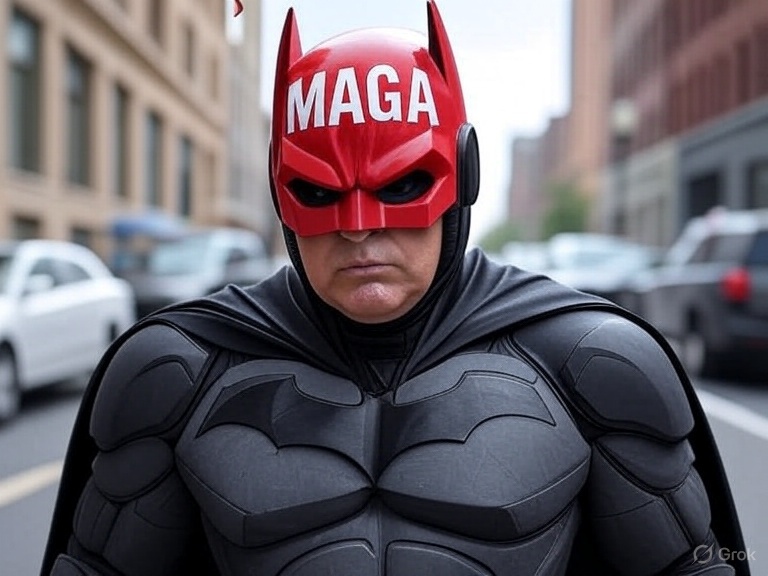I was not born in the USA. But I am, technically, American — or at least, one half of me is. My mother hails from Ohio, where some of my family still live today. As a kid, I’d jet into the States on my American passport and back out again on my British one. This strange part-tourist part-citizen relationship ended up making me doubly nostalgic for the mirage of America.
So for all my English cynicism, when I heard about Renegades, the new podcast by Barack Obama and Bruce Springsteen, I actually thought it sounded quite appealing. I’m a sucker for what you might call Obamaganda or Springspeak — that kind of folksy, wistful, idealistic American rhetoric, the vocabulary of which consists largely of better angels, bridges, and melting pots. I even, dare I say it, quite liked the Boss’s schmalzy Super Bowl ad.
It was a shame to discover that the podcast is, well, a lemon. For starters, it simply fails to live up to its own moral ambitions. One minute and four seconds into the opening monologue, Obama asks: ‘How could we find our way back to a more unifying American story?’ It’s a noble question, but one that sounds a little strange coming straight after three — yep, three! — attacks on his political opponents. Just nine seconds in, Obama says that Trump was ‘diametrically opposed to everything’ he believes in. Not one single common principle or goal. Quite how that’s gonna come across to the millions of Republican voters he presumably wants to get on board, I don’t know.
Ten seconds later, he condemns the government’s ‘slipshod response’ to the pandemic, and finally the ‘lies and wild conspiracy theories’ that led to the Capitol riots. The unifying American story is, evidently, the one in which people simply realize Obama was right all along. So much for the ‘Higher Ground’, as the Obamas called the production company behind the podcast.
What’s really weird is that these opening minutes are the one bit of the podcast that was pre-recorded, and presumably, therefore, entirely scripted. The former president, or anyone else for that matter, could have easily scoured it for any moments of petty point-scoring — and taken a red marker to them.
But such sloppy editing — or the complete lack of it — characterizes the podcast (including the official transcript, which for some reason insists on calling Obama ‘POTUS BARACK OBAMA’). A proper editor would have thought it sounded a bit weird for the former Prez and current Boss — two attractive, highly successful, almost maddeningly cool men — to talk about being outsiders, all the while trading chummy stories about exclusive parties at the White House and backslapping each other: ‘great song’, Obama says of Springsteen’s ‘My Hometown’; ‘that’s a great speech’, Springsteen later volleys back. A proper editor would have thought the endless calls for ‘hard conversations’ rang a bit hollow in the context of two pals telling each other how right-on they are. And a proper editor would have wondered if Obama’s melancholy question ‘how did we get here?’ might have warranted a little more humility and reflection from the former president as to what his own role might have been.
They’d have also simply been a lot more brutal with the cuts. It’s a shame, because there are, buried in there, some genuinely interesting anecdotes, especially about their respective experiences of racism as kids. But the conversation drifts and drifts. Evidently, there was some kind of retrospective attempt to inject structure into the podcast by planting occasional bits of sentimental music in the background, presumably to signal that a particular moment was supposed to be an emotional climax (the musical equivalent of Jeb Bush pleading his audience to clap). These rarely line up with what’s actually being discussed. Indeed, the first time it happened, while Obama was telling a story about being racially profiled, as a kid, by tourists in Hawaii, I actually took off my headphones, assuming the feel-good music must be coming from elsewhere in my flat.
After three episodes, the overwhelming feeling I came away with was, well, that I came away with very little. I hoped I might get some insight into Springsteen’s creative process, but he just resorted to the laziest of clichés, rambling on about how his music was a way of ‘expressing’ himself. I hoped we might hear a bit from behind the scenes about the ‘historical’ and ‘amazing’ parties at the White House, but perhaps for legal reasons they couldn’t go down that route. In the end, the ‘Renegades’ were, frankly, just a bit dull — much more Dad Rock than Rock ’n’ Roll.



